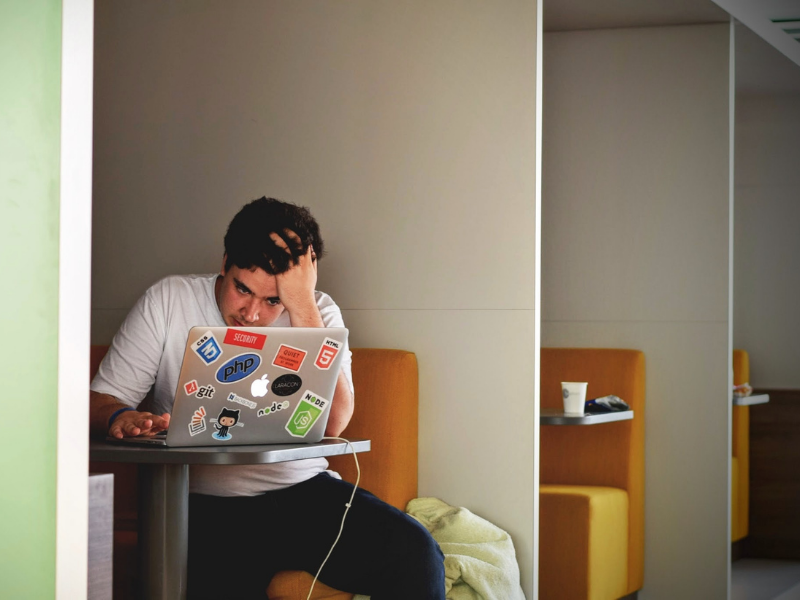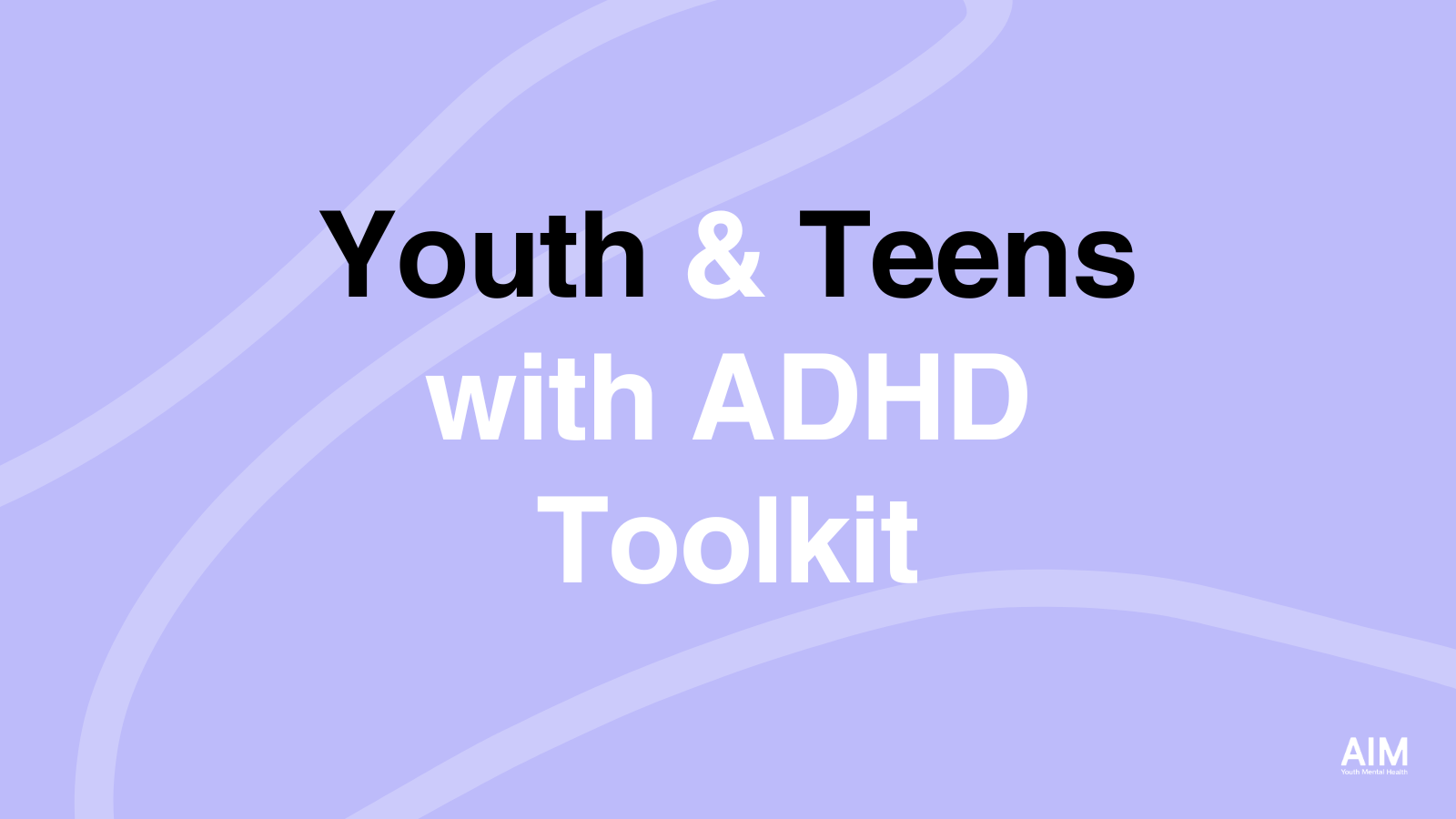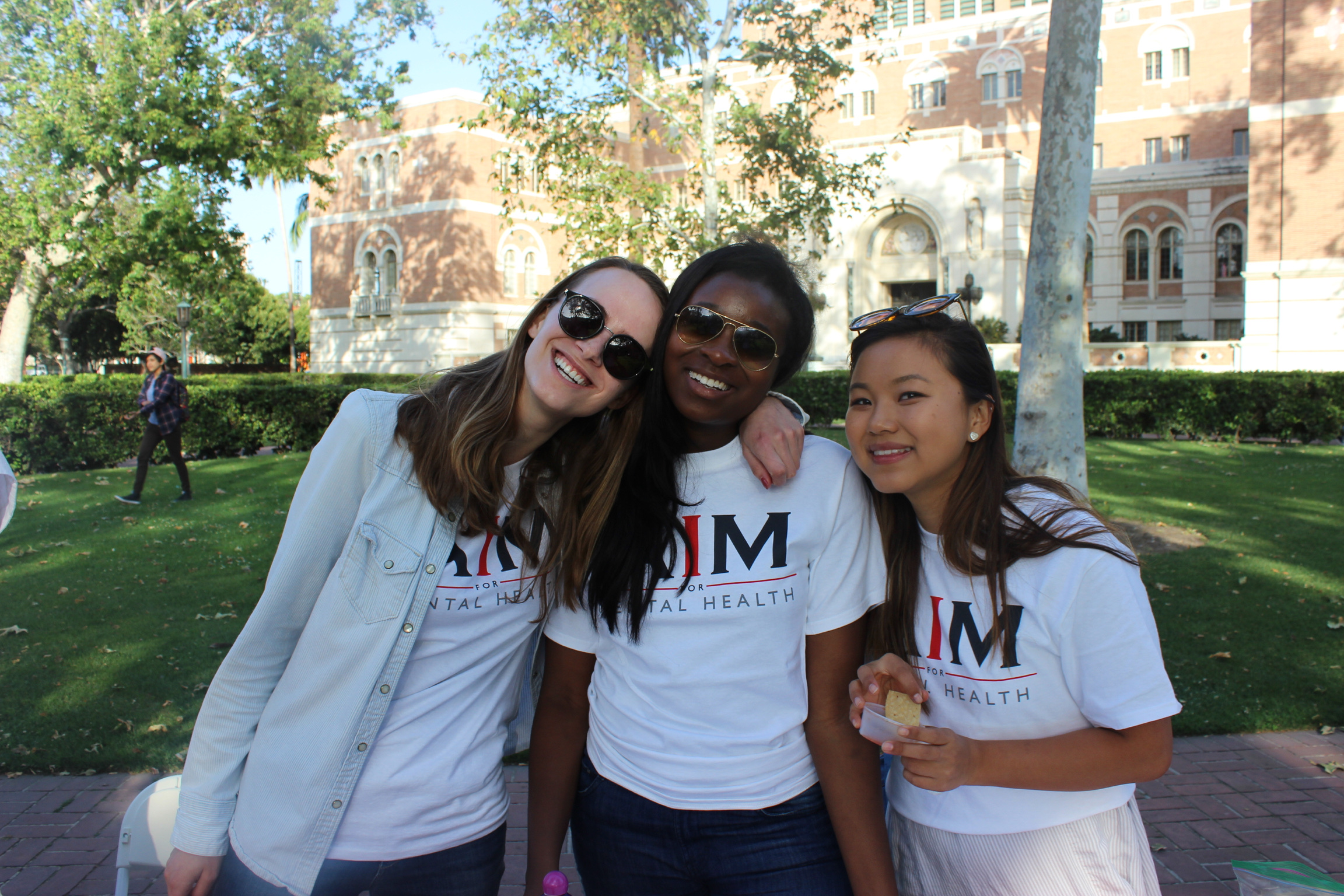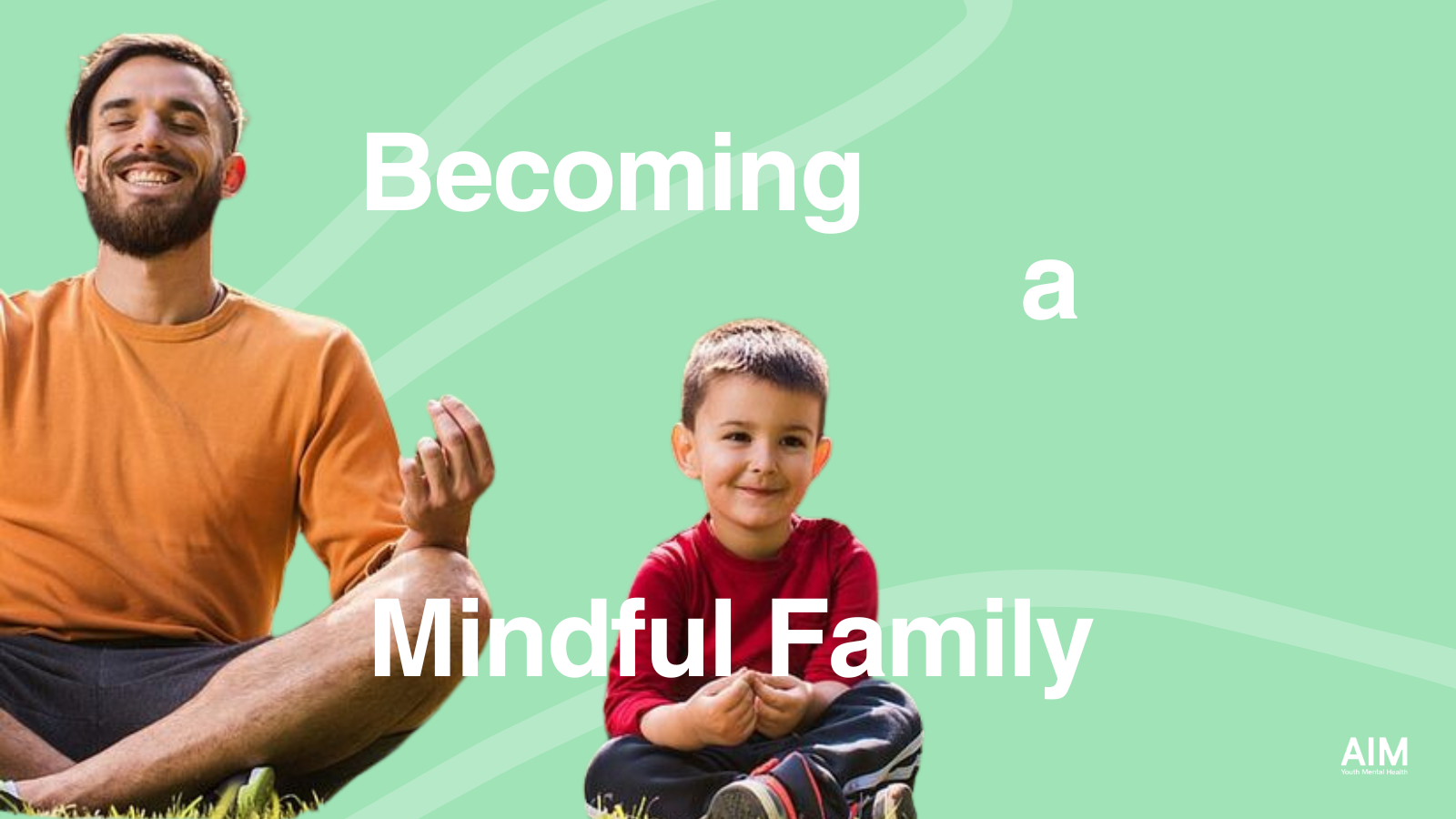There is no denying, anxiety levels are through the roof in the midst of the coronavirus panic. Increased levels of stress and anxiety can also mean increased levels of depression, notably in people who have existing prior mental health conditions. Here are some ways to – hopefully- avoid rising levels of anxiety.
- Limit Media Intake. While it is important to stay informed, too much negativity can be a cause for panic. What is going on in the world right now, for the most part, is out of anyone’s control. Rather than focusing on every little detail of the virus, focus on what is in your control. That is: staying home (if you can), wearing a mask in public, washing your hands, being a good neighbor and a good friend.
- Be conscious of what media you are consuming. There is a lot of misinformation on the internet. Make sure the media you read is from verified and reliable sources.
- Take social media breaks. While limiting news media, limit your social media, as well. Social media is good in moderation to keep us connected with our peers and engage us in interesting, amusing, often funny content. However, it can also put pressure on our self-esteem and worry on our minds. Try leaving your phone in another room for 30-minute periods throughout the day. As the saying goes, out of sight, out of mind.
- Stay connected, from afar. Staying home does not have to mean total isolation. Schedule daily phone calls or video chats with your friends and family. Make sure you are checking in on anyone that might be alone and need to hear a friendly voice.
- Don’t be afraid to ask for help. It is a very confusing time. Talking things through with someone and gaining new perspectives might help clear some things up. If you or a loved one are struggling to cope during this pandemic, please use AIM’s Mental Health Resources in English and Spanish.
- Be prepared. The thought of going to the grocery store or pharmacy can definitely trigger stress and anxiety. But it is always better to be prepared than left feeling like you have a million things to stock up on at the last minute. Replenish a few weeks’ supply of your favorite foods and necessary medications. And, again, ask for help if you are unable to do this.
- Care for yourself. Take this time as an opportunity to focus on oneself. Prioritize sleep, take a bubble bath, practice yoga or meditation. Slow down and connect with yourself. Pay attention to what your body needs. Whether that is a nap, a meaningful conversation, or a healthy meal… take what is needed. You deserve it.
[/vc_column_text][/vc_column][/vc_row]





